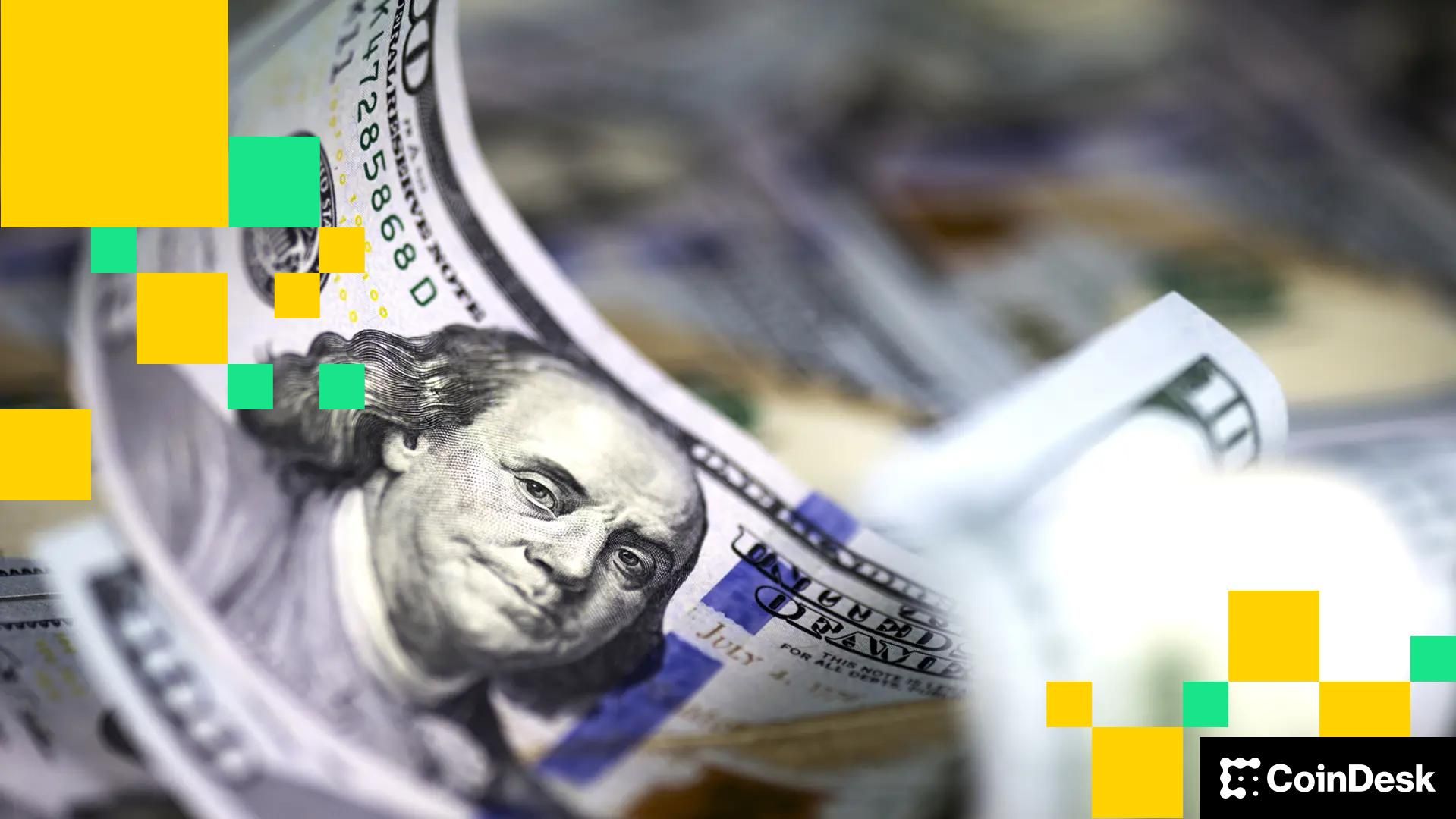US Crypto Coalition warns bank data fees could cripple stablecoins and wallets


A coalition of US crypto, fintech and retail groups unites to defend open banking, Warning in a letter Attempts by Big Banks to charge for data access could disrupt the connections between the financial system and digital wallets and StableCoins.
Groups including the Blockchain Association, the Crypto Council for Innovation, the National Association of Convenience Stores and the National Retail Federation have written to the Consumer Financial Protection Bureau (CFPB) asking the regulator to Maintain basic protections pending rule 1033.
The rule will give consumers the right to freely share their financial data with third-party services, allowing them to connect bank accounts to crypto exchanges, StableCoin wallets and other fintech platforms.
The coalition said that the big banks are launching to narrowly qualify as a consumer representative and to impose fees for data access. Those changes would stabilize incumbents, weaken competition and cut the links of crypto and digital wallets to the US banking system, the group said.
“A strong open banking rule is essential to a competitive, thriving, and innovative financial services ecosystem,” the letter reads. “Over the past decade, many of the financial innovations that Americans use today were developed with the policy certainty that the United States was moving toward an open banking system.”
While banks say that open banking will increase costs for them, the coalition argues that these costs – such as cloud storage and technology infrastructure – are routine and expected for any modern bank around the world.
The coalition warned that weakening Rule 1033 could leave the US lagging behind other major economies such as the UK, Singapore and Brazil, where open banking frameworks are already the norm.
“Strong open banking policies are what keep the US competitive,” the group wrote, urging the CFPB to end Rule 1033 “without capitulating to the largest attempt by banks to gain access to Americans’ own financial data.”




